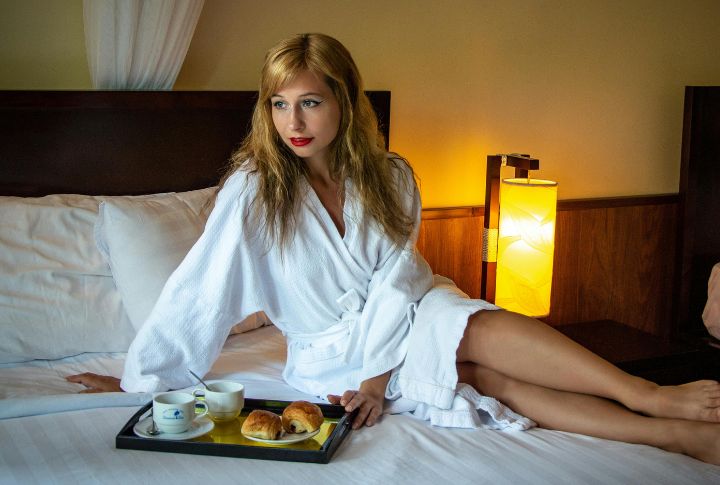
Every hotel visit is a mix of personal comfort and professional service. While you settle in, hotel personnel are trained to notice the signals guests give without realizing it. Their job depends on recognizing those small behaviors that reveal preferences or expectations. It’s a quiet part of hospitality most people never think about. Let’s have a look at the guest habits hotel employees tend to notice immediately.
Bringing Outside Food

Hotels rarely mind what you eat in your room, which is why many provide microwaves and mini-fridges. But once food crosses into the lobbies or bars, staff take note. Outside meals there undercut property dining and can trigger awkward reminders about policy.
Wearing Robes Casually
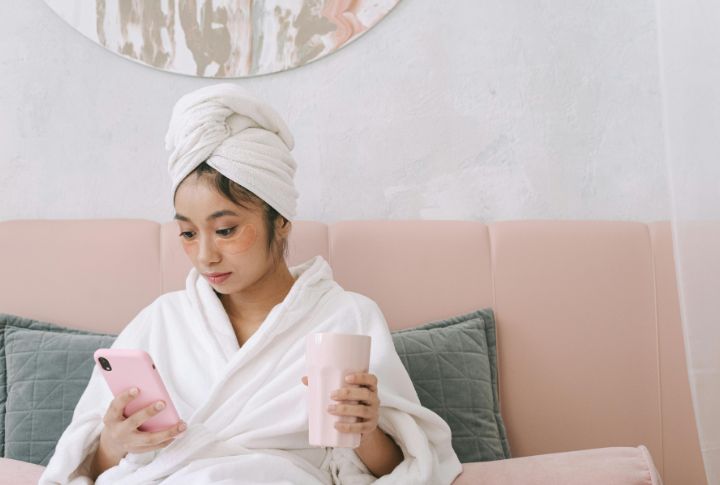
Robes are provided for comfort in guestrooms, spa facilities, and pool areas. When worn in lobbies or restaurants, employees immediately recognize the breach of property standards. Hotels address such behavior diplomatically to ensure shared spaces maintain the professional presentation expected by other guests.
Taking Extra Amenities
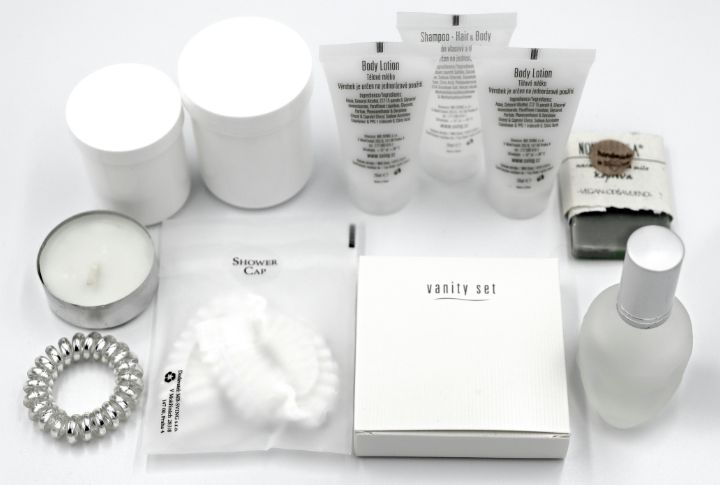
Although taking toiletries home as souvenirs is common, moderation matters. The housekeeping team notices when the pace shifts from normal use to over-collection. At that point, rather than confronting you directly, hotels sometimes simply slow replenishment or offer polite reminders about amenity guidelines.
Leaving Bags Unattended
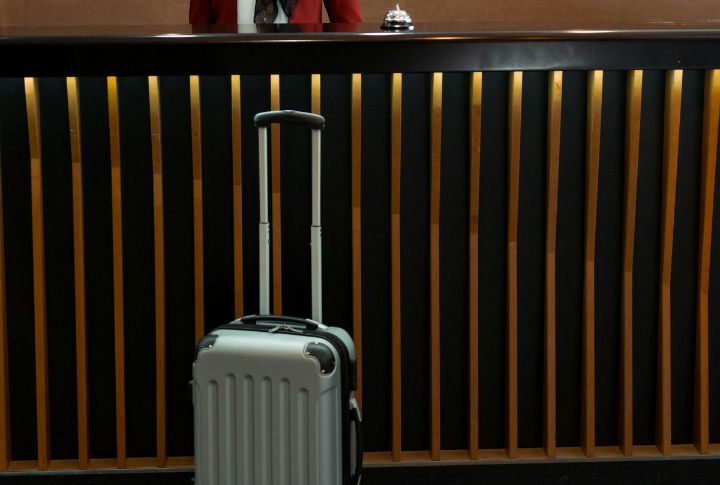
Unattended luggage in hotel lobbies immediately draws staff attention as a potential risk. Bags left alone can trigger security protocols and disrupt the flow of operations. Guests are encouraged to rely on bell or concierge services, where belongings are safely monitored until retrieval.
Taking Buffet Food To The Room

Breakfast buffets are intended for on-site dining, not quiet consumption in rooms. Hotels discourage food removal because it complicates housekeeping and undermines dining operations. Instead, guests seeking flexibility can use designated takeaway options, a service more consistent with both property rules and hospitality etiquette.
Loud Phone Conversations
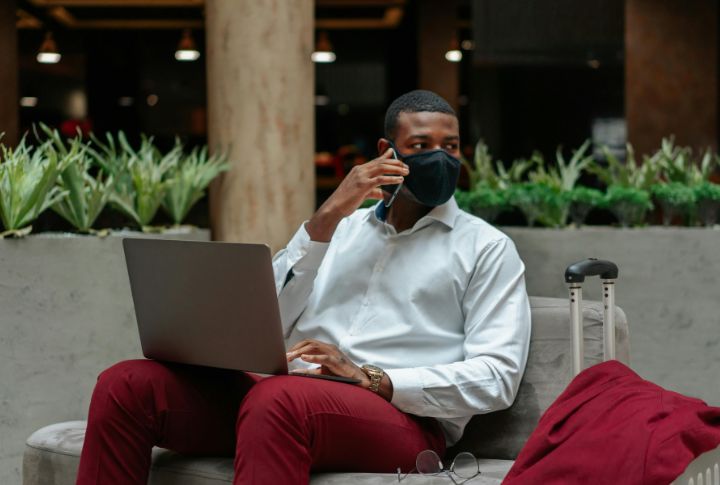
Loud phone conversations in hotel lobbies or hallways quickly draw attention, even without official quiet-zone policies. Staff will delay intervening until another guest voices discomfort, relying on unofficial etiquette. Once complaints arise, they step in diplomatically to preserve the calm atmosphere expected in shared spaces.
Sneaking In Extra Guests
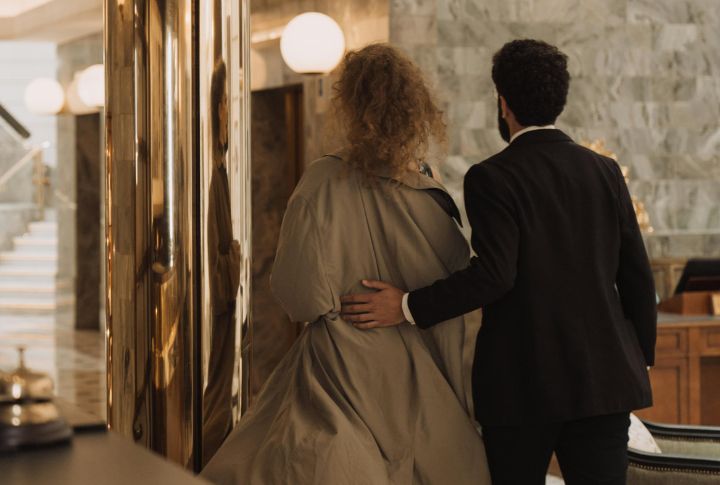
Hotel rooms are designed with a set occupancy for a reason. Adding extra people without registering them not only bends etiquette but also breaches safety codes. Properties consistently monitor for this behavior, and the result can be financial penalties or expulsion from the premises.
Rearranging Room Furniture
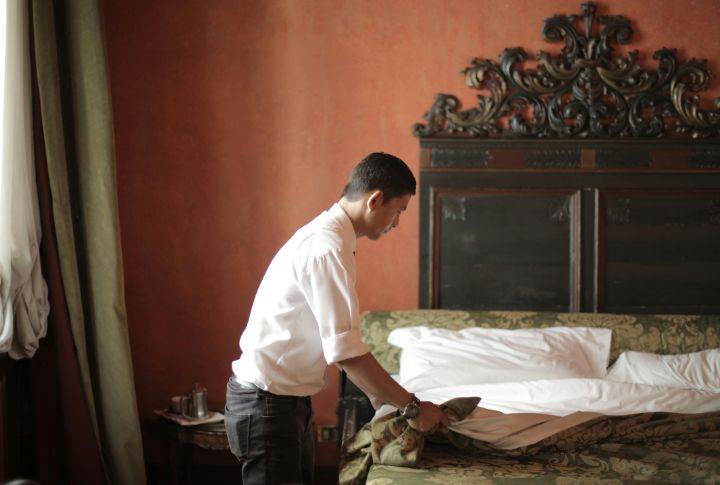
When furniture is moved, staff can’t simply tidy around it. Everything must be repositioned. A small adjustment for you becomes an added workload for housekeeping. Hotels monitor these shifts carefully, since even modest changes ripple into longer cleaning times and less efficient room turnover.
Calling The Front Desk Repeatedly
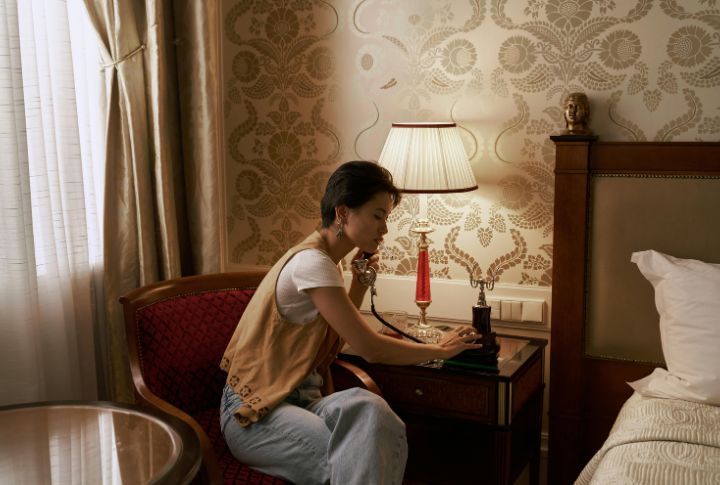
Dialing once for extra pillows is ordinary. Dialing again and again within minutes tells a different story. Properties track such frequency carefully and view it as a potential red flag that something larger may be wrong and requiring the front desk agent’s attention beyond routine service.
Keeping “Do Not Disturb” Up
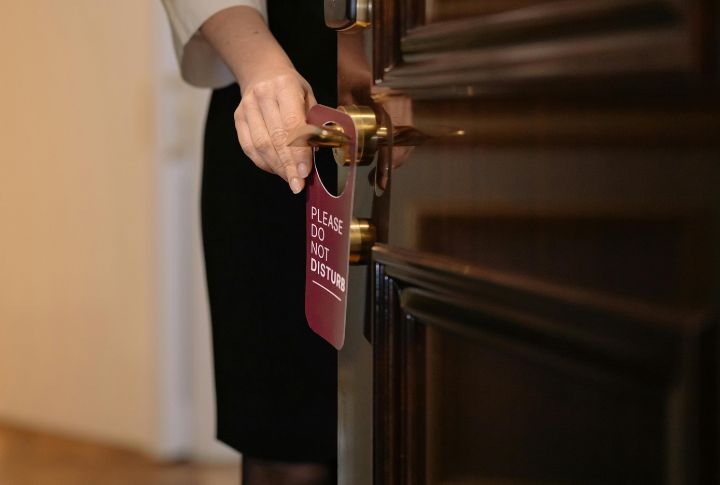
That little sign screams “leave me alone,” but behind the scenes, it’s more like “uh-oh.” If it stays up too long, housekeeping and security start wondering what’s going on in there. After about 24 hours, someone’s knocking—privacy only stretches so far.

